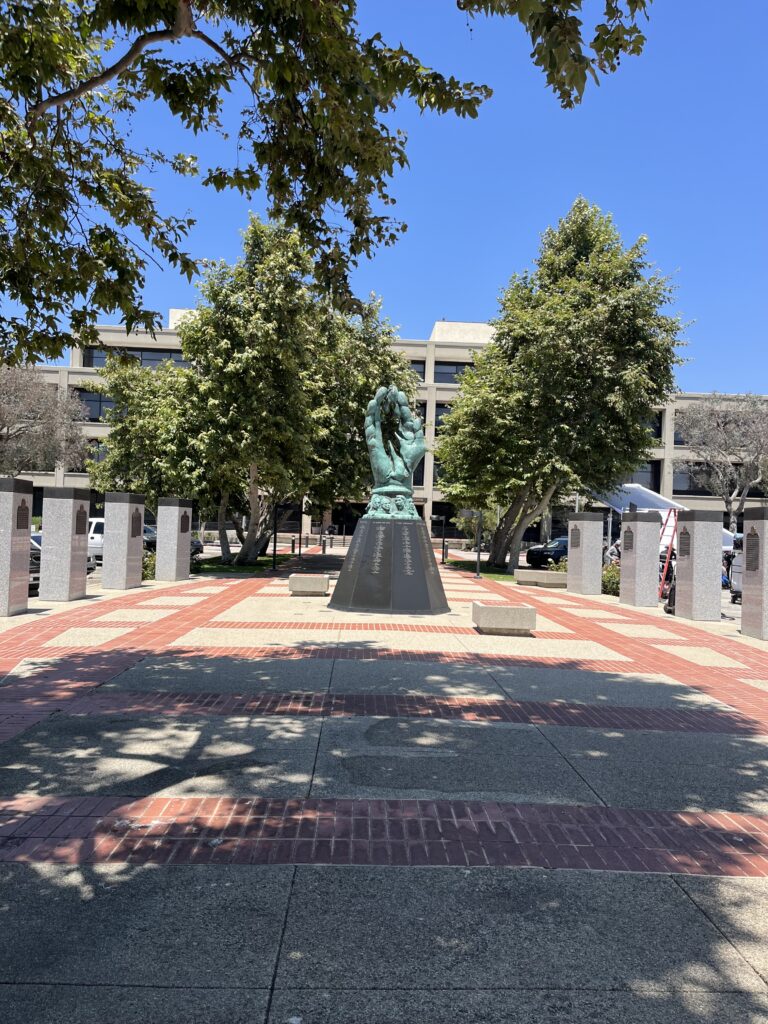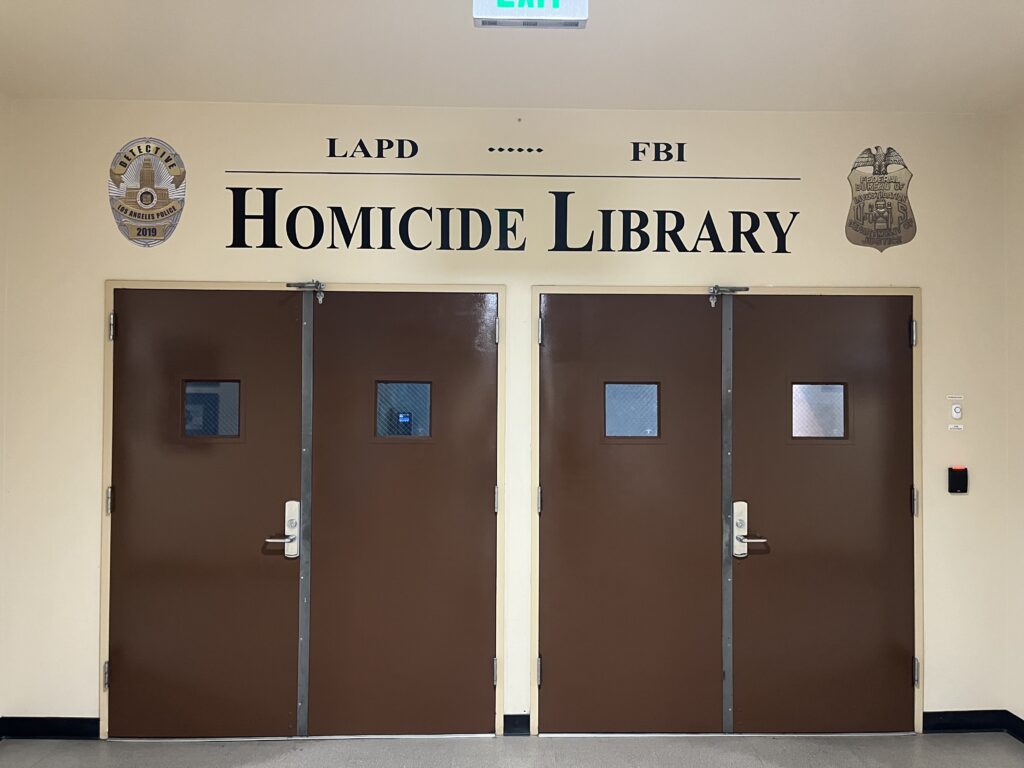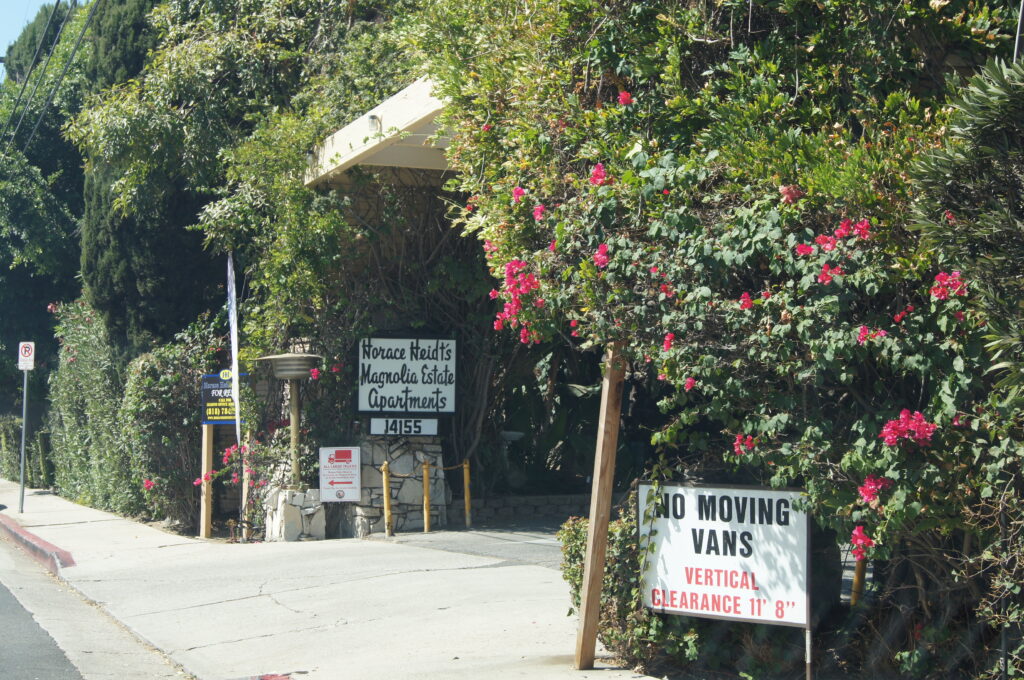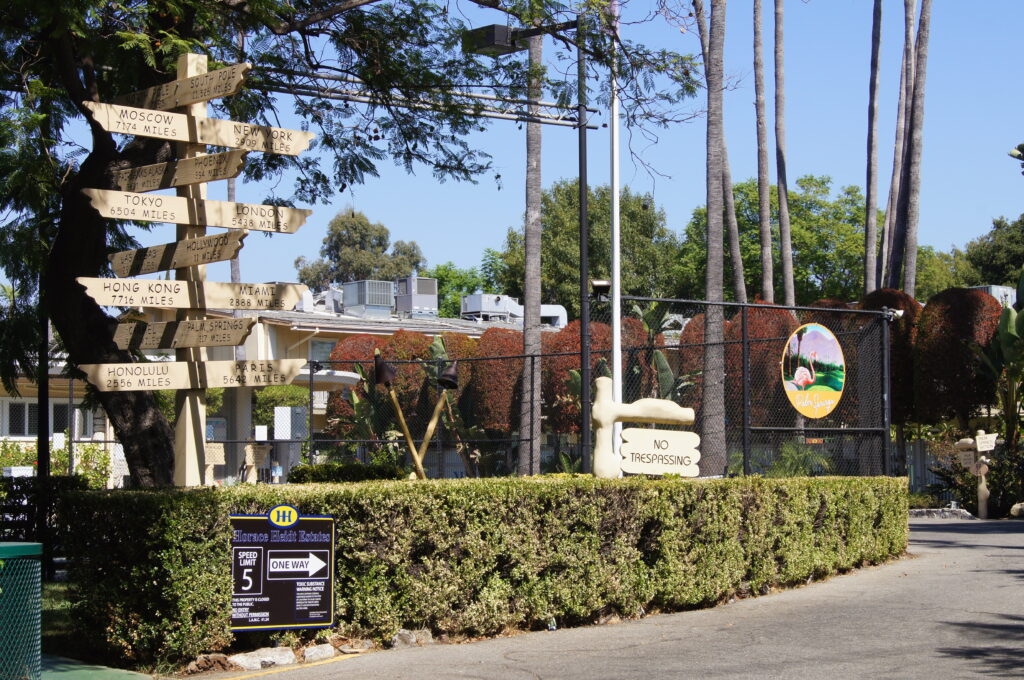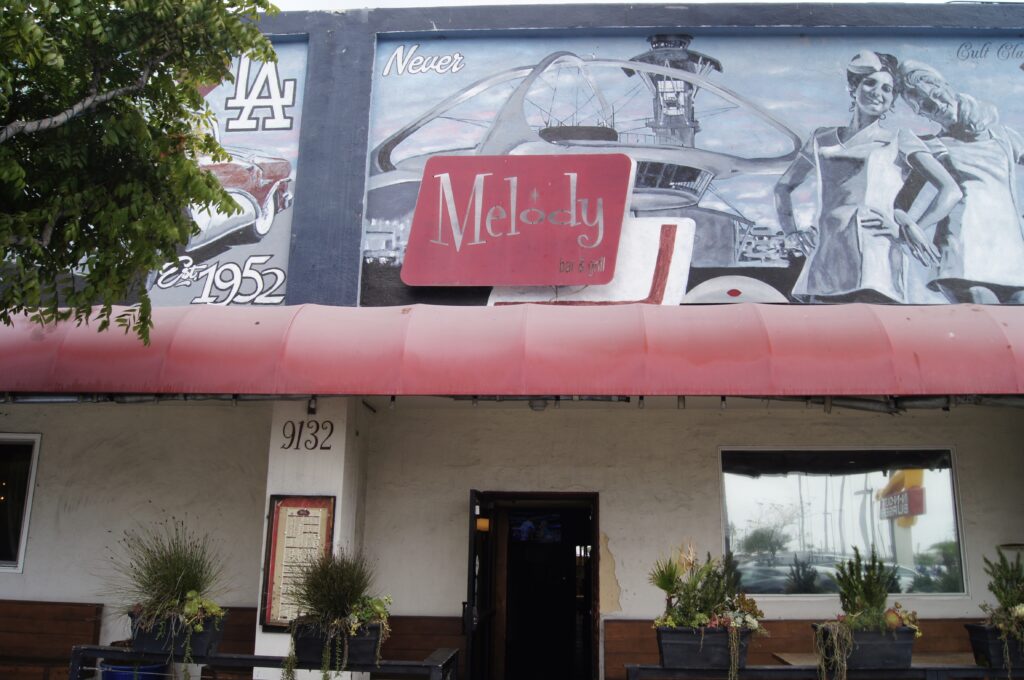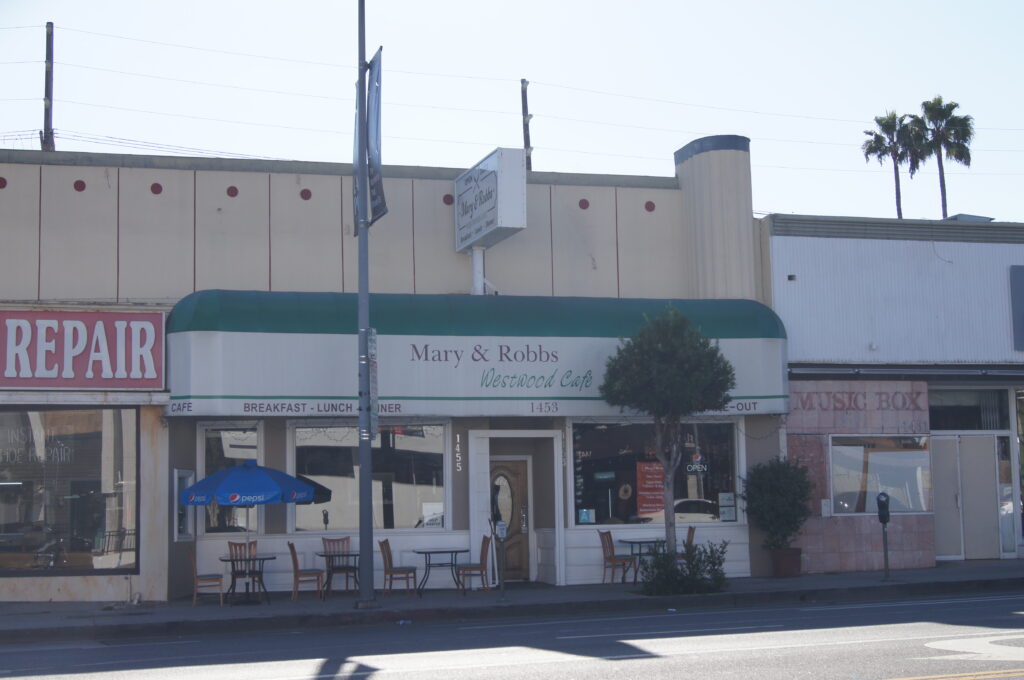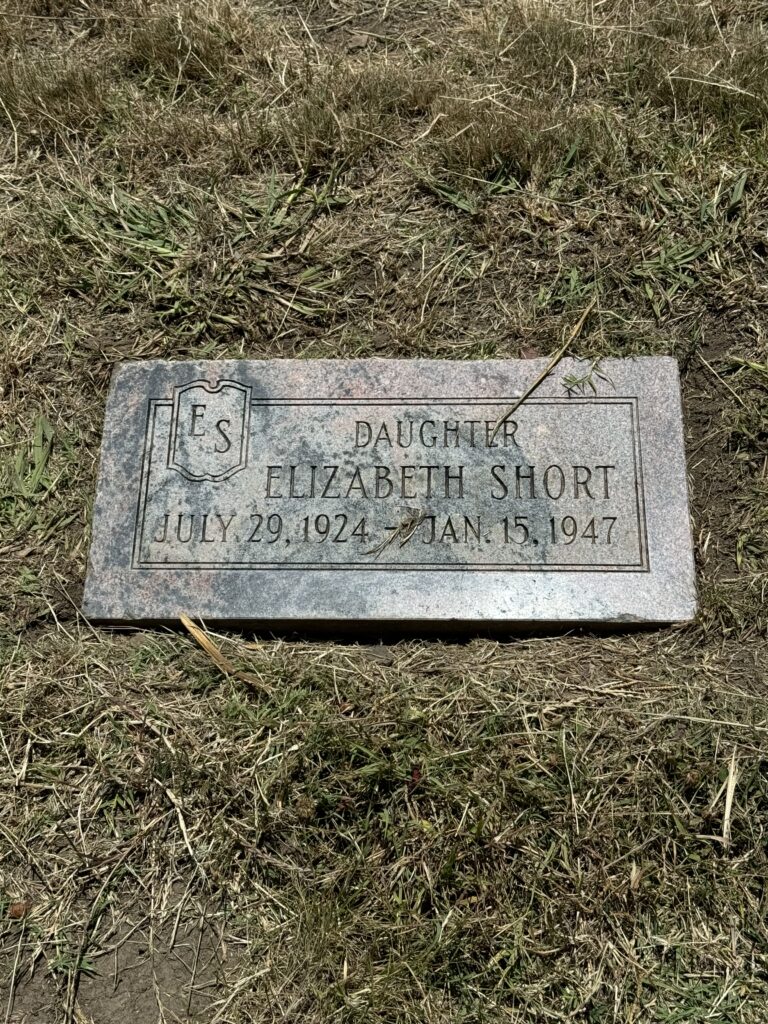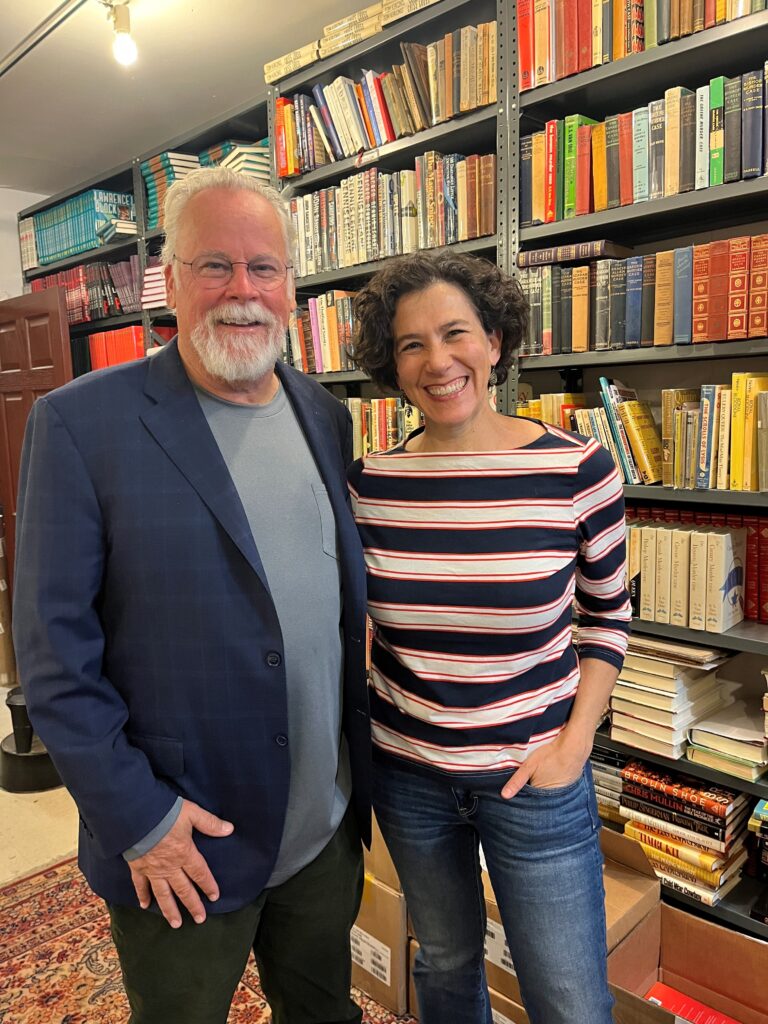Nightshade Excerpt
1
THE MARINE LAYER was as thick as cotton and had formed a thousand- foot wall that shrouded the entrance to the harbor. The Adjourned was late and Stilwell waited for it in his John Deere Gator by the fuel dock behind the Casino. The harbor was almost empty, the red- and- orange mooring balls floating free in lines across the glass surface. Stilwell knew that as soon as the layer burned off, the weekenders would start arriving. The harbormaster’s office had reported that it would be at full capacity for the first big weekend of summer. Stilwell was ready for it.
He heard another cart pull up behind his. An electric. Soon the seat next to Stilwell was taken by Lionel McKey.
“Good morning, Sergeant,” he said. “I thought I might find you here. Waiting for the Adjourned?”
“What can I do for you, Lionel?” Stilwell asked.
“Anything new to say about the mutilations up at the preserve? I’ve got about four hours till my deadline.”
“Mutilation, not mutilations. One mutilation. It’s still under investigation and I’ve got nothing new to report at this time. When I do, you’ll be the first to know.”
“Is that a promise?”
“It’s a promise.”
His answer was punctuated by a foghorn from somewhere inside the layer. Stilwell knew by the tone that it was the Catalina Express about to come through the shroud. He wanted to be over there to watch the arrivals, as he did most free mornings, counting the number of tourists who came believing that the Casino was a gambling house only to learn that it was a grand ballroom and movie theater. But meeting the Adjourned was more important this morning than counting fools.
“So what are you putting in the paper about it?” he asked.
“Well, not much,” McKey said. “I don’t want to look like an idiot, you know.”
“I think that’s wise.”
“Why, because you know something?”
“No, but I mean, use your common sense, Lionel. You really think it was a close encounter of the green kind?”
“No, not really.”
“Well, there you go. What time’s your deadline?”
“Two.”
“If anything changes before then, I’ll be sure to let you know.”
“Okay, thanks. I’ll be at the Call.”
“And I’ve got your numbers.”
“Have a good weekend.”
“If I can. It’ll be busy.”
“For sure.”
McKey hopped out of the Gator and went back to his cart. As he drove off, Stilwell saw the Catalina Call logo of linked Cs painted on the side panel.
A few seconds later the prow of the Express poked through the fog layer and headed toward the ferry landing on the other side of the harbor.
Following in its wake fifty yards behind was the Adjourned. It had been a smart move using the bigger vessel as a lead through the layer instead of coming in blind. The Express had the most modern navigational tools at the fingertips of its captain and crew.
The Adjourned was a forty- year- old Viking 35. Judge Harrell kept it clean and well maintained. It was white with distinctive blue trim and matching canvas over the salon’s windows. Stilwell watched it cut down the first mooring lane, past the floating dock behind the Black Marlin Club, and come to the last orange ball. Harrell cut the engines and used a gaff to hook the line under the ball. He was wearing a wet suit, which told Stilwell he would not need a dinghy pickup. The judge quickly moored the boat, then climbed over the stern to the fantail and jumped into the cold water.
Stilwell got out of the cart and went to the storage box on the back. He unlocked it and got two green- and- white- striped towels out and draped one of them over the passenger seat. By the time he had it in place, Harrell was climbing up the ladder onto the fuel dock.
Stilwell threw him the other towel.
“Looked like some thick stuff out there, Judge,” he said.
“Trojan- horsed on the tail of the Express,” Harrell said.
Before getting into the Gator he toweled off the wet suit and draped the towel over his head.
“I saw that,” Stilwell said. “Smooth move.”
“Anyway, sorry to be late,” Harrell said. “I called Mercy and she’s cued everything up.”
Harrell took a seat in the cart on the towel Stilwell had spread.
“Yes, sir,” Stilwell said. “Just a few D- and- Ds and a wobbler.”
“Tell me about the wobbler,” the judge said.
Stilwell circled the Casino and headed toward the justice center in town.
“Well, technically, it’s a burglary of an occupied dwelling with a firearm enhancement,” Stilwell said. “But the dwelling is occupied by the suspect’s ex- girlfriend and he claims he was stealing back his Glock because he was afraid of leaving it with her, like she might harm herself with it.”
“How noble,” Harrell said. “You know this man?”
“Kermit Henderson, born and raised here. Works up at the golf course running mowers and doing general maintenance. The girlfriend is Becki Trower, another local. I was thinking maybe you work a deal like you did with Sean Quinlan and we get some maintenance done around the sub. Especially since Sean is coming off his time.”
“Okay, we’ll hear him out. If that’s all you’ve got, I might get some fishing in later.”
“There’s also this.”
Stilwell leaned forward, reached into his back pocket, and pulled out the document he had printed earlier that morning and folded lengthwise to fit. He handed it to the judge, who unfolded it and started to read.
“Search warrant,” Harrell said.
He got quiet as he read the summary and probable- cause statement. Then he shook his head, not because he disagreed with anything he had read but because it made him angry.
“You got a pen?” he said.
Stilwell took the pen out of his shirt pocket and handed it to Harrell. The judge scribbled his signature on the appropriate line and handed the pen and the warrant back to Stilwell.
“I gave up a long time ago trying to understand why people do what they do to each other,” Harrell said. “But cruelty to animals still gets to me. If this guy did what you suspect, then he better find a good lawyer and hope I don’t get the case.”
“I hear you,” Stilwell said. “I’m the same.”
A few minutes later they were at the justice complex on Sumner Avenue. Stilwell and Harrell went into the sheriff’s substation, where the judge could get his clothes and black robe out of his locker. Stilwell unlocked the holding facility so that he could use the shower and get dressed for court. Kermit Henderson, unable to make bail, was in one of the cells. He watched the judge go by, leaving wet footprints on the gray linoleum.
Stilwell saw no sign of Sean Quinlan. He texted him to tell him to mop the jail after the judge was finished showering and getting dressed. It would be Quinlan’s final duty, as the judge was set to release him from probation.
Stilwell went into the courtroom and saw that Monika Juarez was already in place at the prosecution table. Mercy Chapa was at the clerk’s desk for her one- morning- a- week gig. The rest of the time she was manager, dispatcher, general overseer of the sheriff’s substation, and Stilwell’s right hand.
Juarez was a small woman with brown skin. Her hair was in black ringlets that framed her thin face but did not fully hide the whitish scar that ran along the left side of her jaw. Stilwell had never asked her about it but thought however she’d gotten it probably had something to do with why she’d become a prosecutor. She was about thirty and assigned to the superior court in Long Beach. Like Judge Harrell she came to Catalina once a week to handle the island’s cases, but she preferred to come over the night before on the Express, stay at the Zane Grey at county expense, then go directly to court in the morning.
“The judge is getting ready,” Stilwell told her. “He’ll probably start with Henderson. After that, it’s the misdemeanors. Will you need me for those?”
“No, they look pretty routine,” Juarez said.
“I picked up the judge and talked to him about Henderson. I think he’s going to offer him probation if he’ll take over maintenance around here for a few months.”
“He’s got a gun charge.”
“Technically, yeah. But he was stealing the gun. His own gun. He didn’t bring it with him.”
“And you believe that?”
“I do because the victim — his ex — acknowledged in an interview I conducted that she had his gun and wouldn’t give it back after she kicked him out. Her statement is in there.”
“I didn’t see that yet. I just started looking at the file.”
That told Stilwell she hadn’t done her homework the night before at the ZG. “Well, you’ll get to it. I’ll let you read and I’ll see how the judge is doing.”
What Stilwell really wanted to do was execute the search warrant Harrell had signed. He went back over to the sheriff’s side of the building and saw Ralph Lampley in the bullpen eating a blueberry muffin at the desk he shared with the other deputies. Lampley had the longest- running assignment to the Catalina substation. This was because the sheriff’s department had deemed him a liability in high- crime districts on the mainland. Though only twenty- eight years old, he had already been involved in two shooting deaths while on patrol in mainland Los Angeles County. Both had drawn wrongful- death lawsuits, currently being litigated, in which tens of millions of dollars were at stake. The department had cleared him in internal investigations because to do otherwise would make the lawsuits indefensible, so Lampley was allowed to keep his badge but was transferred to the Catalina Island unit, where it was thought he’d likely keep his weapon holstered. The rumor was that as soon as the lawsuits were adjudicated or settled, he would be fired.
“Lamp, why aren’t you out and about?” Stilwell asked.
“Because frickin’ Fernando didn’t bother charging my wheels,” Lampley said. “So I’m waiting for at least a half a charge before I hit the street.”
He was talking about the electric UTV cart he shared with the night- shift deputy. Normally, Stilwell would have been annoyed with Angel Fernando for failing to charge the cart when he’d finished his shift that morning. It was the third time this month. Fernando was the newest import from the mainland, where they didn’t patrol in electric golf carts, but he had a habit of forgetting to charge at the end of shift. Instead of dwelling on Fernando’s lack of attention to the routines of his job, Stilwell saw an opportunity to get himself out of the station.
“Okay, then, can you finish up there and handle court this morning?” he asked Lampley. “I’ve got to go serve a search warrant and I need someone to take Kermit into court once the judge is on the bench.”
Lampley spoke with his mouth full of muffin. “Yeah, I can do that,” he said. “Is that warrant for the mutilation case?”
“Yes,” Stilwell said. “But keep it to yourself.”
“Cool. You go, Sarge. I can handle court.”
“Shouldn’t take long. Once you get a decent charge, check with the judge and see if he wants a ride back to his boat after court.”
“Will do.”
Stilwell left the sub, making a mental note to remind Fernando once again to leave the patrol cart charging at the end of shift. As the detective sergeant assigned to the Avalon substation, Stilwell was the commanding officer on the island. With that distinction came a host of administrative and scheduling duties he reluctantly accepted. Having to remind a veteran deputy to plug in his golf cart at the end of his shift was not one of his favorites.
Nightshade is available now in print, eBook and audiobook.
